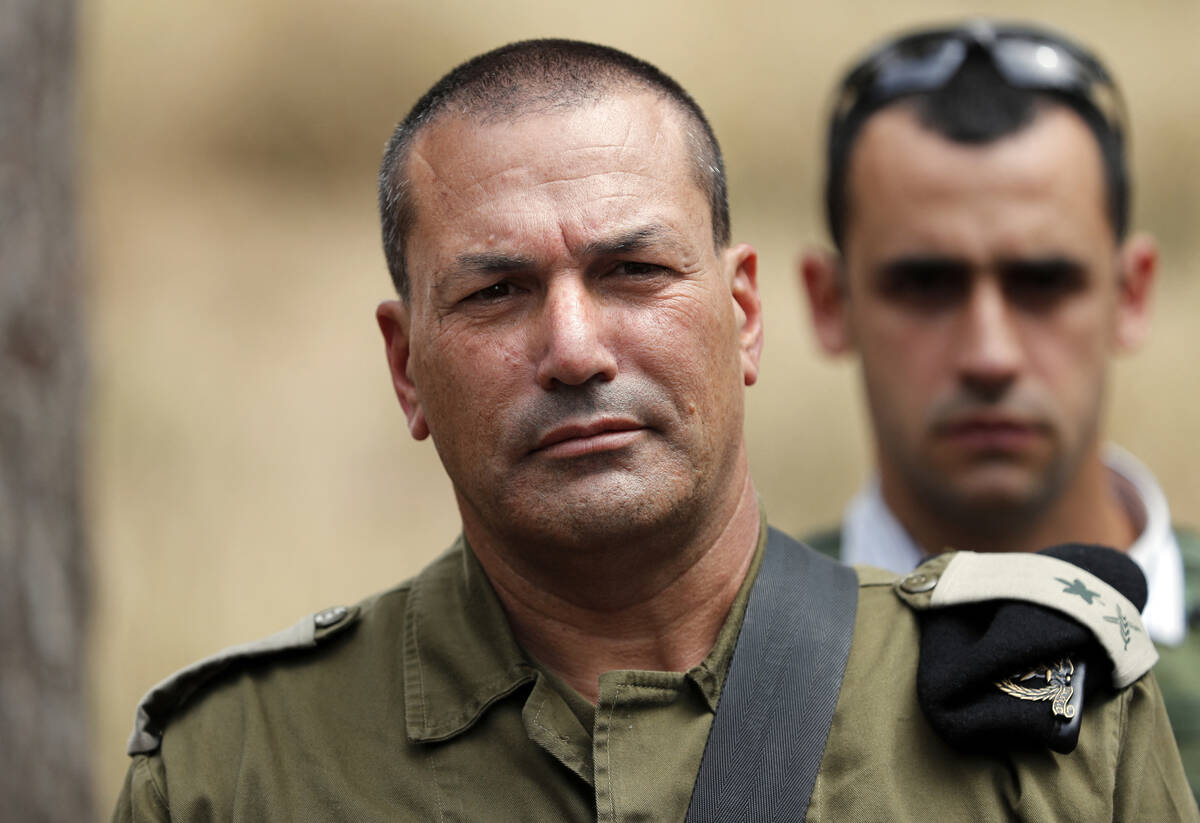Israel readies new laser defense against more rocket attacks
Israel expects a new laser system that can intercept rockets, drones and mortars at negligible cost to be operational next year after an accelerated manufacturing process.
The shield, known as Iron Beam, would supplement existing Israeli air defenses that have been stretched by more than a year of fighting with Iran and its proxies in Gaza, Lebanon, Syria, Iraq and Yemen. It is designed to disable incoming projectiles by heating them using a high-energy laser, as opposed to shooting them down with missiles.
The new system has an effective range of between hundreds of meters and several kilometers, and would thus complement the short-range Iron Dome rocket interceptor, according to state-owned Rafael Advanced Defense Systems, the manufacturer of both the types of weaponry.
Israel’s Elbit Systems Ltd. said the Defense Ministry has awarded it a contract worth about $200 million to supply the Iron Beam lasers.
Whereas it costs about $60,000 to shoot down a projectile using the Iron Dome, Iron Beam’s price tag will be as little as $5, according to an industry source. The laser system would also eliminate the danger of interceptor debris causing damage.
Iron Beam is being manufactured at an accelerated pace and is “due to enter operational service one year from today,” Eyal Zamir, the Defense Ministry’s director-general, said at the announcement of a $536 million investment in the manufacturing of the system. This is “the tiding of the start of a new era in the battlefield — the laser era,” he said.
Israel’s aerial defenses have largely been developed in conjunction with key ally the U.S., which recently deployed one of its own THAAD interceptors to help fend off potential ballistic missile attacks from Iran.
Israel expects $5.2 billion in emergency funding from the U.S., some of which would be used for Iron Beam, Zamir said on Oct. 21.
The war began on Oct. 7, 2023, after Hamas-led terrorists killed some 1,200 people, mostly civilians, and took around 250 as hostages. Some 100 hostages are still inside Gaza, a third of whom are believed to be dead.
Israel’s retaliatory offensive has killed more than 43,000 Palestinians, according to the Hamas-run Health Ministry in Gaza, which does not distinguish between combatants and civilians.
On Tuesday, Israel said four more of its soldiers were killed in the fighting in northern Gaza, bringing the toll since the start of the operation to 16, including a colonel. The military says it has killed dozens of terrorists, while Hamas does not publicize its losses.
UNRWA and other international groups continued to express outrage Tuesday about the Israeli parliament’s decision to cut ties to the agency.
Israel says UNRWA has been infiltrated by Hamas and that the terrorist group siphons off aid and uses U.N. facilities to shield its activities, allegations denied by the U.N. agency.
Israeli government spokesman David Mencer vowed that aid will continue to reach Gaza, as Israel plans to coordinate with aid organizations or other bodies within the U.N. “Ultimately, we will ensure that a more efficient replacement for UNRWA takes its role, not one which is infiltrated by the terrorist organization,” he said.
Meanwhile, eight Austrian soldiers serving in the U.N. peacekeeping force in southern Lebanon were reported lightly injured in a midday missile strike.
The peacekeeping force, which goes by the acronym UNIFIL, said the rocket that struck its headquarters in Lebanon was “likely” fired by Hezbollah, as it came from the north, and that it struck a vehicle workshop.
Austrian Defense Minister Klaudia Tanner “condemns this attack in the strongest terms and calls on all sides immediately to cease combat operations in the surroundings of the U.N. mission’s positions,” ministry spokesperson Michael Bauer wrote on the social network X.






















